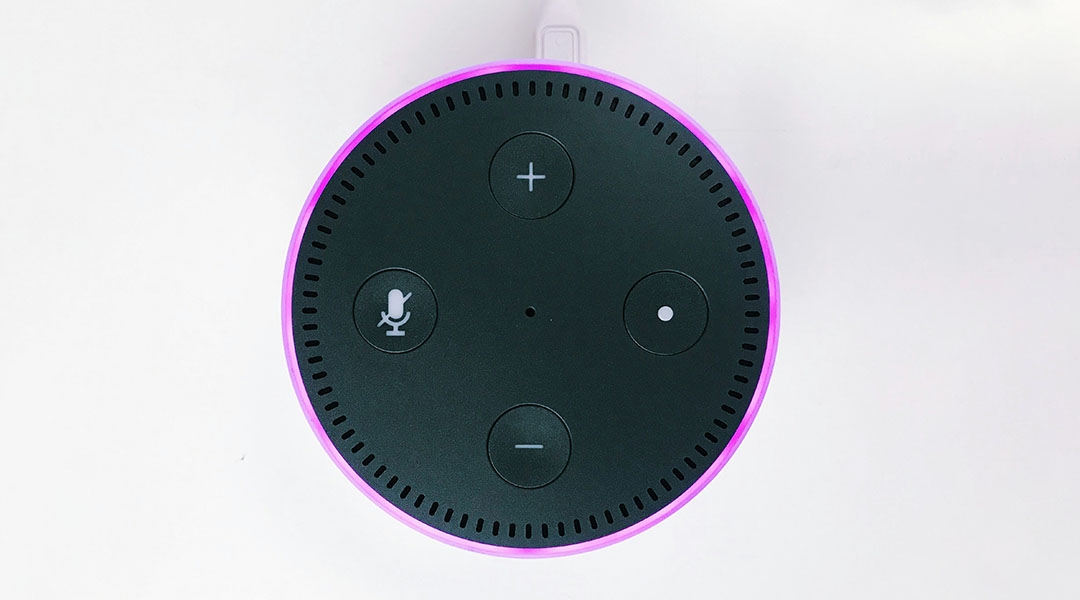People holding political extreme beliefs on either end of the spectrum were more likely to indulge in this behavior.


People holding political extreme beliefs on either end of the spectrum were more likely to indulge in this behavior.

A new study unveils why humans evolved to prioritize short-term gratification over better long-term outcomes.

People all over the world touch their faces up to 800 times per day—researchers wanted to know why.

Scientists explored whether evidence backs up the growing belief that voice assistants like Alexa can alleviate loneliness, especially in the elderly.

Participants with lie-detecting AI were more likely to trust it, more readily agreeing when it falsely labeled something a lie.

While people across cultures can discern the behavioral context of various vocal songs, they struggle to identify love songs.

The brain activities of two people who learn fear from each other are known to be in sync, but what role does social status play?

When deciding whether or not to build bridges out of their chained bodies, weaver ants take prior collective investment into account.

The interplay between the hormones oxytocin and cortisol in regulating emotion and behavior depends on context and familiarity, new study finds.

The antipsychotic medication aripiprazole has been shown to help adults over 60 with treatment-resistant depression.